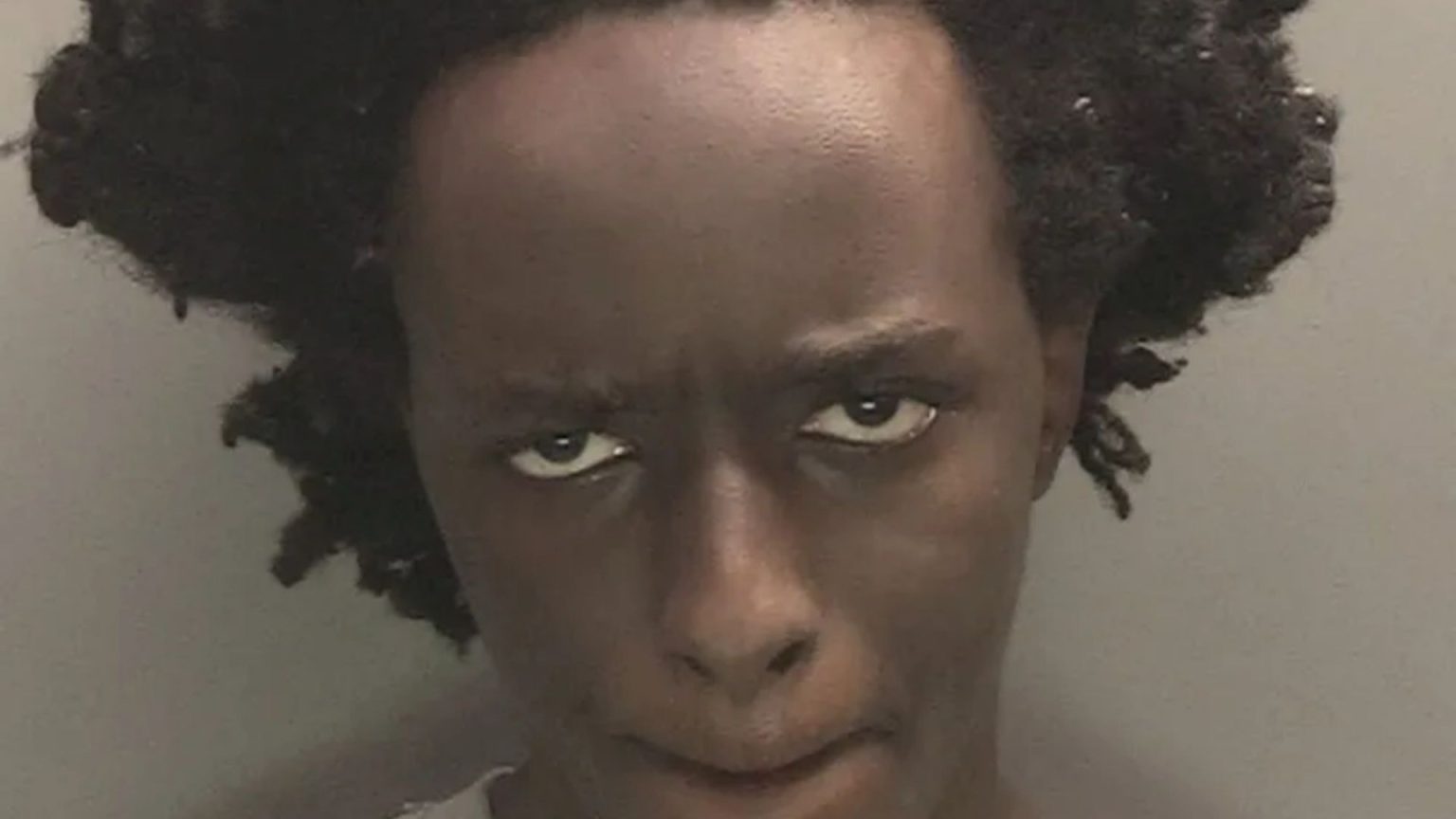The Southport Tragedy: A Chronicle of Unfathomable Violence
On July 29, 2024, the idyllic seaside town of Southport, England, was shattered by an act of unspeakable violence. Axel Rudakubana, an 18-year-old resident, stormed a Taylor Swift-themed dance class at the Hart Space community center, armed with a 20cm kitchen knife. He unleashed a frenzied attack, murdering three young girls – six-year-old Bebe King, seven-year-old Elsie Dot Stancombe, and nine-year-old Alice Dasilva Aguiar – and injuring ten others, including children and adults. The harrowing details of the massacre, revealed during Rudakubana’s sentencing hearing, painted a chilling picture of a young man consumed by a morbid fascination with death. His utter lack of remorse, evidenced by his chilling declaration, "I’m glad they’re dead," following his arrest, further amplified the horror of his actions.
A Trail of Missed Opportunities and Systemic Failures
Rudakubana’s descent into violence was marked by a series of warning signs that went tragically unheeded. His "sickening interest in death," manifest in online searches for school massacres and the acquisition of materials to produce the deadly poison ricin, had brought him to the attention of the government’s anti-terror program, Prevent, on three separate occasions. Despite these red flags, no significant intervention occurred, leaving him free to plan and execute his horrific attack. Further investigation revealed a history of violent behavior, including bringing a blade to school and creating a "hit list" of students he intended to harm. These incidents, coupled with his expulsion from school and subsequent referral to a specialist institution, highlight a pattern of escalating aggression that ultimately culminated in the Southport tragedy.
The Rampage and its Aftermath: A Community in Grief and a Nation in Turmoil
The attack itself was a scene of unimaginable chaos and terror. Rudakubana, captured on chilling CCTV footage pacing outside his home before taking a taxi to the dance class, entered the community center and began indiscriminately stabbing children and adults. The heroic efforts of dance instructors Leanne Lucas and Heidi Liddle, who shielded children and locked some in a toilet, undoubtedly saved lives. However, the brutality of the attack left an indelible scar on the community, plunging families into grief and prompting widespread outrage.
The aftermath of the attack was marred by social unrest and misinformation. False claims circulating online, alleging that Rudakubana was an asylum seeker, fueled anti-immigrant sentiment and sparked riots across the country. The violence, though unrelated to the attack itself, underscored the volatile social climate and the dangers of misinformation in the digital age. The genuine grief and outrage of the Southport community, calling for peace and understanding in the face of tragedy, were unfortunately overshadowed by the unrest.
Unanswered Questions and the Search for Accountability
In the wake of the tragedy, questions surrounding the systemic failures that allowed Rudakubana to carry out his attack demanded answers. The government’s response, announcing a public inquiry into the handling of Rudakubana’s case, acknowledged the need for accountability and a thorough examination of the circumstances leading up to the attack. Prime Minister Sir Keir Starmer vowed to leave "no stone unturned" in the pursuit of answers, recognizing the clear failings of the state in preventing the tragedy. The inquiry, which is also tasked with addressing the broader issue of rising youth violence and extremism, aims to identify and rectify the systemic weaknesses that contributed to this horrific event.
The Human Cost of Tragedy: Lives Lost and Families Forever Changed
The Southport stabbings serve as a stark reminder of the devastating impact of violence on individuals, families, and communities. The loss of three young lives, full of promise and potential, left an unfillable void in the hearts of their loved ones. The physical and emotional scars borne by the survivors, both children and adults, will likely endure for years to come. The tragedy also highlighted the importance of community resilience and the need for support and understanding in the face of unimaginable loss. The peaceful vigils held in Southport, amidst the national unrest, demonstrated the community’s commitment to healing and honoring the memory of the victims.
Lessons Learned and the Path Forward: Preventing Future Tragedies
The Southport tragedy underscores the critical need for effective intervention strategies to address the complex issue of youth violence and extremism. The failures of the Prevent program in Rudakubana’s case highlight the need for improved risk assessment and intervention protocols. Furthermore, the ease with which Rudakubana acquired weapons, including knives online, raises concerns about the accessibility of potentially dangerous items. The tragedy serves as a call to action, demanding a comprehensive approach that encompasses early intervention, mental health support, community engagement, and stricter regulations on the sale of weapons. Only through a concerted effort to address the root causes of violence can we hope to prevent future tragedies and ensure the safety and well-being of our communities.




